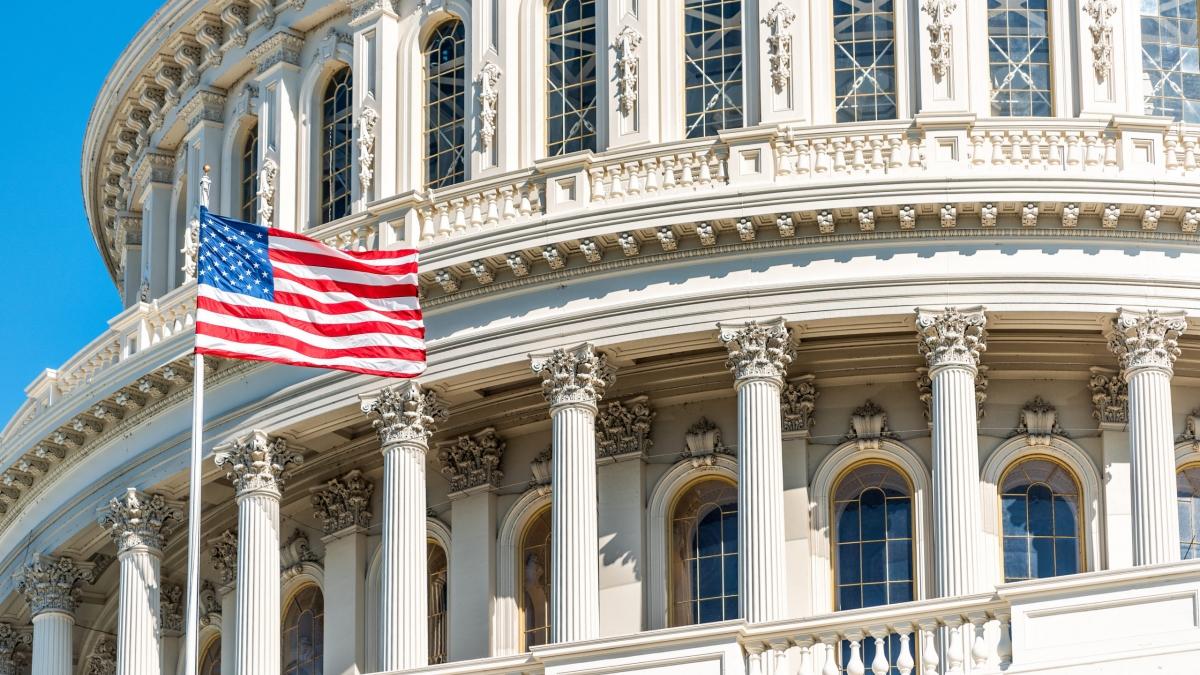Seven Soto Amendments Pass in Annual House Defense Bill

The amendments focus on renewable energy, oversight on increasing the number of minority cadets and midshipmen, Blockchain technology, and more
WASHINGTON, D.C. – Today, the U.S. House of Representatives passed the National Defense Authorization Act (NDAA) for Fiscal Year 2022, which includes seven amendments introduced by Congressman Darren Soto (FL-09). H.R. 4350 authorizes FY2022 appropriations for military activities and programs of the Department of Defense (e.g., personnel; research, development, test, and evaluation; and procurement of items such as aircraft, missiles, and ammunition). It also prescribes military personnel strengths for FY2022. This much-needed piece of legislation addresses the COVID-19 pandemic, promotes transparency, invests in military infrastructure, and supports our service members.
"Our military represents the very best of America," said Congressman Soto. "Every year, the NDAA brings us one step further in enhancing the national and economic security of the American people while providing unwavering support for our troops. The passage of my amendments will support technological advances impacting Central Florida and ensure the U.S. does not fall behind on research and development. Today and always, I will proudly support a strong national defense that honors our values, protects our citizens and strengthens our leadership in the world."
The following amendments introduced by Rep. Soto were included in the bill text:
#159 Directs the Secretary of Defense to report to Congress within a year of implementing the plan developed in response to GAO recommendations on tracking, response, and training for civilian employees of the Department of Defense regarding sexual harassment and assault.
#645 Adds related technologies like advanced storage capacity to the renewable or clean energy resources that can be considered to further data center energy efficiency and resiliency.
#733 Requires military service academies and senior reserve officer's training corps to report on their plans to increase the number of minority cadets and midshipmen.
#659 (Soto/Schweikert) Adds "distributed ledger technologies" to the definition of "digital talent" when specifying the responsibilities of the digital talent recruiting officer and the technologies they are trying to identify future talent and closing any skills gaps. Further encourages workforce pipeline and technical skills needed for potential distributed ledger technology within the Department in the future.
#688 (Soto/Schweikert) Adds "blockchain and cryptographic technologies" to the list of technologies that are included in the Department's support for industry participation in global standards organizations.
#721 (Soto/Schweikert) Adds blockchain technologies in the consideration of technologies to use to assist in the technology pilot program transmission absent uniform services and overseas votes that builds on successful state-based initiatives for overseas servicemember voting.
#732 (Soto/Schweikert/Blunt Rochester) Adds blockchain technologies to the technologies considered to help improve and development the Department's digital health strategy in order to improve digital health care strategy & data organization.
###
